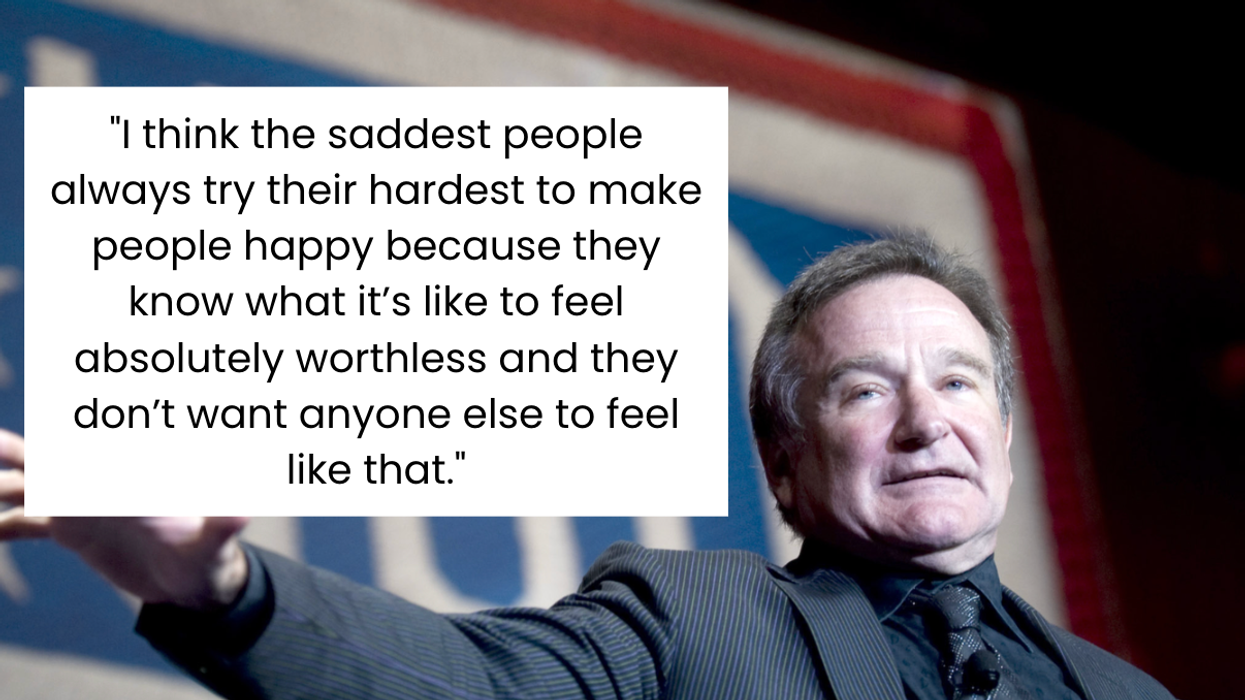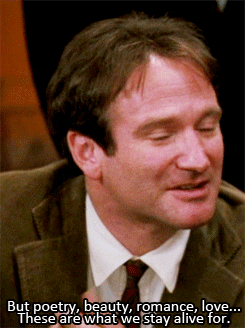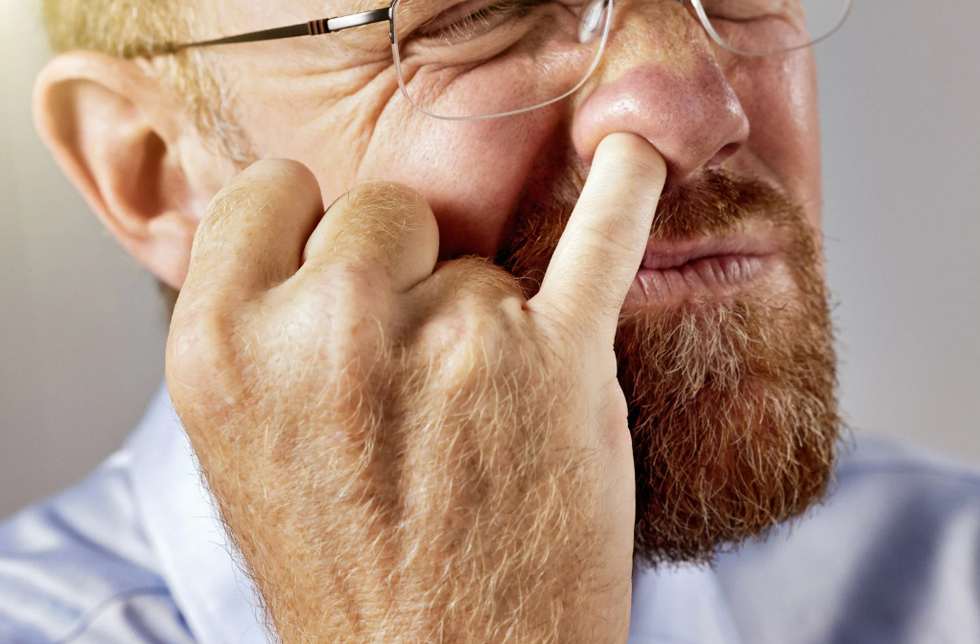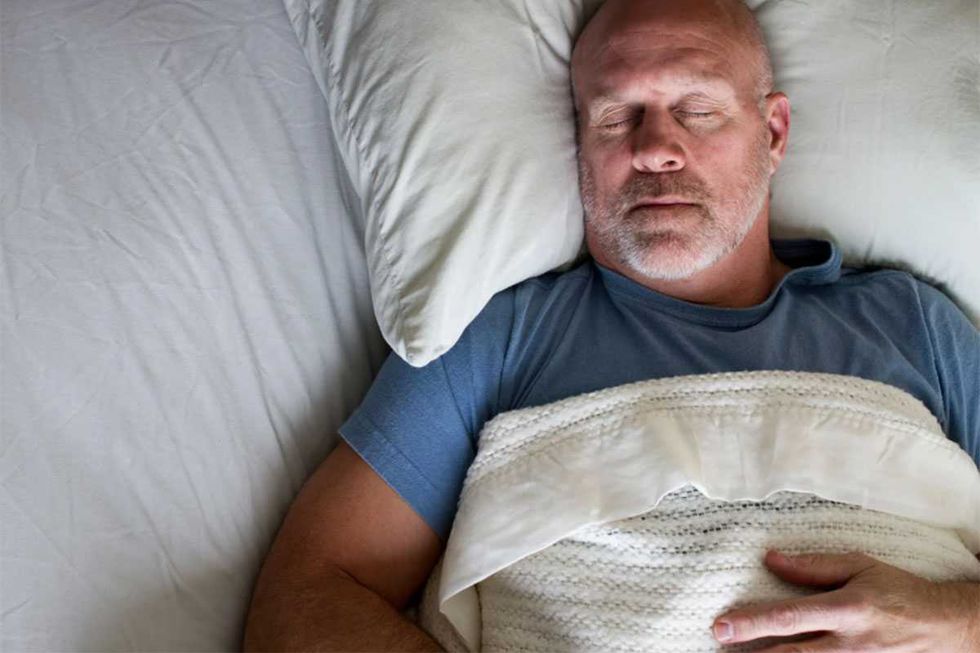The holidays have a way of drawing even the most secular people toward houses of worship. So whether religion is part of your everyday life or Christmas Eve is the last time anyone will spot you near an altar until Easter, it’s likely you’ll encounter someone undergoing a spiritual experience in the coming days. Ask someone what it’s like to “feel the spirit,” and they’ll probably describe it as mysterious, even unknowable. Yet, thanks to new research, neuroscientists can tell us exactly what’s happening in the brain at that moment.
According to recent findings published in Social Neuroscience as part of an ongoing study called the Religious Brain Project, researchers have found evidence that when a brain is “on God,” its reward circuits are activated—just as they are when listening to music, having sex, getting high, or falling in love.
[quote position="left" is_quote="true"]I have had spiritual experiences where I think they must be like getting high, but without the hangover.[/quote]
Michael Ferguson, a postdoctoral associate in the department of Human Development at Cornell University who does not practice any religion, served as the lead researcher for the study, which he says he undertook in an attempt “to understand the nature of the exquisitely powerful experiences” of the Mormon faith of his upbringing. Together with colleagues at the University of Utah, Ferguson drew on the large Mormon population in the area to initiate the first leg of this multireligion project, inviting 17 practicing Mormon participants to engage in religious activities typical of Mormon worship while inside a functional magnetic resonance imaging scanner.
These activities included quiet personal prayer, reading scripture from The Book of Mormon, and watching videos of religious leaders preaching. Participants were asked to report when they were—as noted above—feeling the spirit. “We used the cultural lexicon rather than trying to generate some type of awkward scientific language for the questions,” Ferguson says.
To Ferguson’s delight, when participants reported religious connection, their brain’s “dopaminergic reward circuitry” lit up—the same part activated by drugs or gambling. The structure is known as the nucleus accumbens, connected to the medial prefrontal cortex, which is associated with focused attention. These results might explain why people’s experiences of religious or spiritual experience often seem to have an element of ecstasy or euphoria, one akin to more illicit behaviors.
Lissa Provost, a Pentecostal Christian from California who has never had a drink or taken drugs, says she was once pulled over for drunk driving after a church service. “There have been times when I have had spiritual experiences where I think they must be like getting high, but without the hangover.”
[quote position="right" is_quote="true"]Religious or spiritual connectedness could offer protective benefits against depression.[/quote]
The Utah study did reveal some slight differences in the way the reward system lights up during religious experience that differs from drugs, however. “This wasn’t just a release of dopamine,” Ferguson clarifies. “We saw high levels of thought and abstract engagement from prefrontal regions, which we think are probably amplifying the phenomenal components of this religious experience.”
In other words, a drug experience will activate the nucleus accumbens independent of other brain regions, whereas a religious experience brings about a “coordination of regions.” While Ferguson says that a case can be made that religious experience is “habit-forming,” much like drugs or alcohol, he makes clear that “to just immediately dismiss all habit-forming behavior as vice and unhealthy is unwarranted.”
For Boston writer Britni de la Cretaz, who primarily considered herself an atheist and “a nonpracticing Jew” until she got sober, “a spiritual experience and connection with a higher power” wasn’t just a healthier habit. It was the thing that stopped her from drinking and doing drugs, she says.
“When I was an atheist, I fancied myself too smart to believe in God,” she says. Yet it was through the spiritual component of the Twelve Step recovery program, Alcoholics Anonymous, that de la Cretaz connected with a higher power and finally became sober. “I’ve been sober five years, and I credit that to forces greater than me because everything in my power I’d ever tried up until I tried believing in God hadn’t worked,” she says.
Jameelah Obadiah Schmidt, who was raised in an Islamic family, had a memorable religious moment of ecstasy in “a dream of the world ending in fire.” She says that Islam teaches that “for those who have properly prepared for and executed the five daily prayers on the Day of Judgment, there would be a glow about you.” After that dream, she says, “I never saw the world the same again. Every color was brighter, every laugh more joyful, every hug more warm and meaningful than before.”
[quote position="right" is_quote="true"]To just immediately dismiss all habit-forming behavior as vice or unhealthy is unwarranted.[/quote]
Even those with spiritual practices that don’t use “God” in their language, like Amy Elizabeth Robinson, a practicing Zen Buddhist, says she has felt “held by something larger than myself, larger than the apparent objective universe” as a result of her regular meditation practice.
Excited by his early results, Ferguson aims to look deeper into the “genetic, biological aspects of the dopaminergic system,” recruited in the religious experiences of his participants. “I’m very interested to understand why one person is just not susceptible to belief and they maintain states of disbelief and doubt, whereas other individuals seem to be very susceptible to speculative ideas or supernatural ideas.” He wonders if this might be linked to differences in “dopamine physiological variations.”
The idea that one’s propensity for religious experience might be rooted in biology brings some relief to Rebecca Chamaa, who attends a Lutheran Christian Church and who has schizophrenia, a brain disorder that can lead to psychosis. “Considering that there is always someone waiting to tell me I am demon-possessed—which I find cruel beyond measure—I find this oddly comforting,” she says.
[quote position="full" is_quote="true"]After a religious dream, I never saw the world the same again. Every color was brighter, every laugh more joyful, every hug more warm and meaningful than before.[/quote]
Chamaa, who feels closest to God when she is “contemplating or witnessing in action the teachings of Christ,” has had her most intense connections with God during her numerous psychotic episodes, and misses those conversations when they end.
“It does seem like a reasonable hypothesis that religious or spiritual connectedness could offer protective benefits against depression or feeling hopelessness, but we would need to do follow-up studies,” says Ferguson. Next up, he will work to deepen science’s understanding of religious ecstasy and euphoria by studying Catholic and Muslim populations—revealing unexplored realities about the social function of religious and spiritual experiences, grounded in biology.
















 Robin Williams performs for military men and women as part of a United Service Organization (USO) show on board Camp Phoenix in December 2007
Robin Williams performs for military men and women as part of a United Service Organization (USO) show on board Camp Phoenix in December 2007 Gif of Robin Williams via
Gif of Robin Williams via 
 A woman conducts a online color testCanva
A woman conducts a online color testCanva A selection of color swatchesCanva
A selection of color swatchesCanva A young boy takes a color examCanva
A young boy takes a color examCanva 

 Pictured: A healthy practice?
Pictured: A healthy practice?


 Is solo sleep the best sleep?
Is solo sleep the best sleep?  Some poeple want their space, and some can't imagine being that seperate.
Some poeple want their space, and some can't imagine being that seperate. 